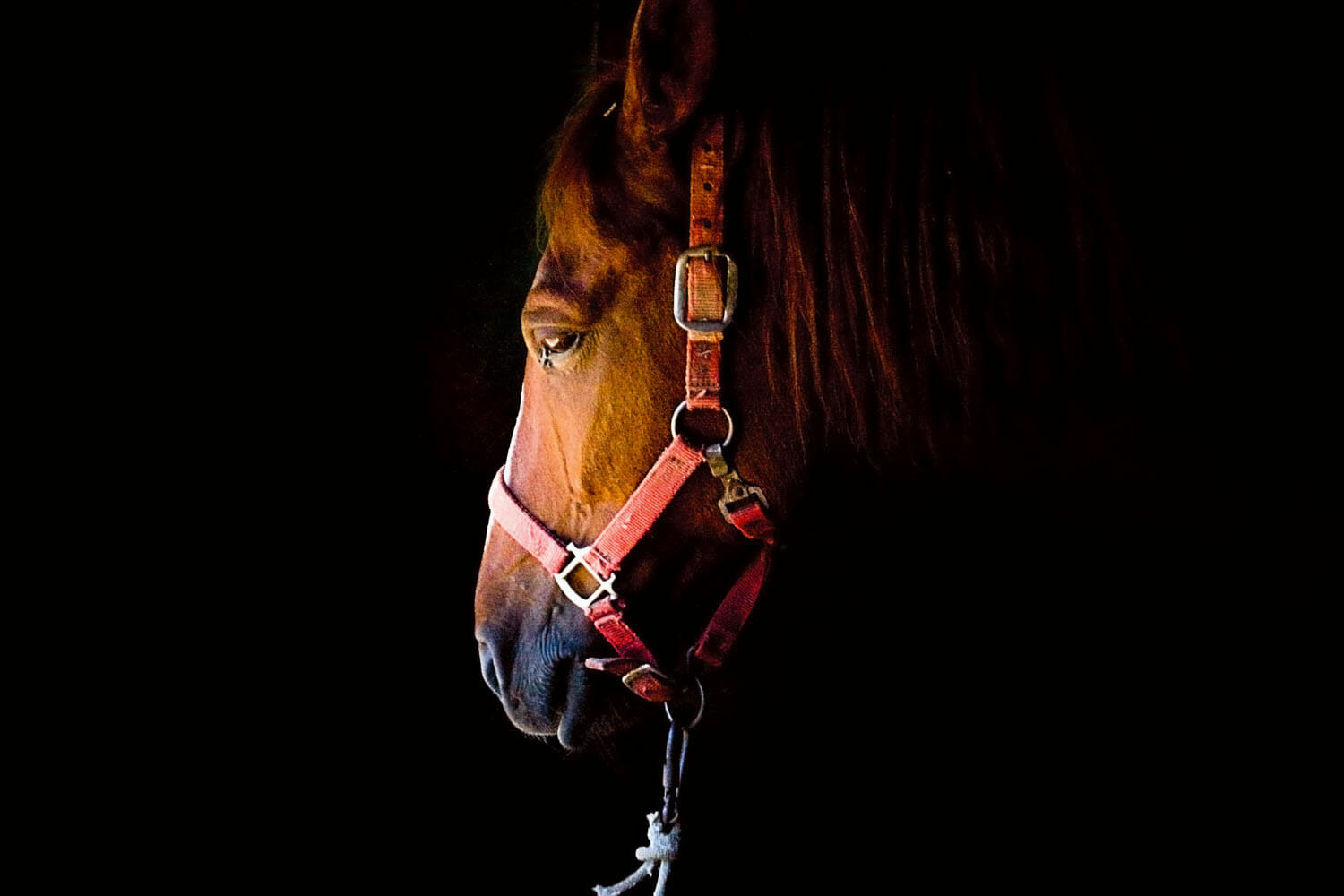
Romanian plum butter
Encouraged by Romanians’ recent obsession with healthy eating, a mother-daughter plum butter business takes off from Topoloveni, Argeș.
It’s been 10 years since Bibiana Stanciulov, 58, bought a part of a food factory in the small town of Topoloveni, 90 km away from Bucharest. When she got home, she told her daughter, Diana, that she had made a great acquisition. Little did Diana know that Bibiana had been crying all the way to Bucharest after seeing what she paid roughly $100,000 for: a pile of dust and rust.
That didn’t deter her. She rehired people who used to work there (Bibiana now has 25 employees) and, with the help of technical director Cecilia Găgeanu, she started making plum butter (magiun in Romanian). Butter is not marmalade, nor jelly, nor jam. It’s a consistent fruit paste with no added sugar or pectin.
Topoloveni is the perfect place for this. Plum butter has been made there for a century, because the town is in a hilly district, with the perfect weather and soil for plum trees. (The plum tree is the most grown fruit tree in Romania, EU’s main plum producer.) Unfortunately, these local fruits are not of great quality, so most of them are used to make the traditional Romanian brandy, țuică.
Through the years, Găgeanu has developed a special recipe for the Topoloveni factory plum butter, a combination of different types of fully ripe Romanian plums that would give it a great taste even without sweeteners. She is the only one who knows how to make it from scratch. The plums (around 10,000 tons a year) are boiled for 12 to 14 hours in order to obtain it.
At first, Bibiana sold her paste to a foreign client who bought it all in barrels (160 to 200 tons per year). But in 2008 she decided it was time to enter the Romanian market. She invested 500,000 euros in modernizing her factory (half EU funds, half a bank loan). Plum butter, food scientists told her, is extremely rich in fibers and antioxidants, information Bibiana used as a selling point.
“Magiun de Topoloveni” was launched in May 2009. Diana, who is 33 and a jurist, began handling communication and marketing. They toured farmers’ markets in Bucharest and other cities across the country; Bibiana went on TV to tout the health benefits; Diana visited everyone from small shops to big chains to convince managers to sell it. In less than a year, they went from newcomers to established producers.
They are now in the process of acquiring protected geographical indication from the EU – which would make their plum butter the only Romanian product to have it (Prosciutto Amatriciano, Beaufort and Darjeeling are such products). The designation certifies that this kind of plum paste can only be made in Topoloveni, at the Stanciulov family factory, according to their recipe.
Acest articol apare și în:
S-ar putea să-ți mai placă:
Ultimul grajd al cailor abandonați din București
Pentru caii abandonaţi din București, singura cale de întoarcere din drumul spre abator e adăpostul „Steaua Speranţei”. Dar rolul de salvator al cailor cere să lupţi și pentru propria supravieţuire.
PRIDE și curaj în Timișoara
Cum e să faci echipă cu părinții ca să organizezi prima săptămână PRIDE pe care a văzut-o Timișoara.
Pasărea colibri și incendiul din educație
La 17 ani, Ariana Dudună înfruntă miniștri, navighează legi și e neobosită în lupta pentru drepturile elevilor.



